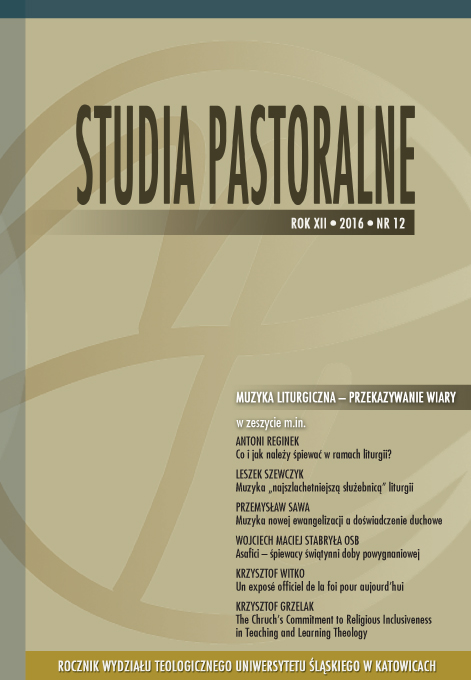Jean Paul Sartre i Karl Rahner w egzystencjalnym sporze o naturę wolności
Jean Paul Sartre and Karl Rahner in existential dispute about the nature of freedom
Author(s): Aleksander BańkaSubject(s): Christian Theology and Religion, Theology and Religion
Published by: Księgarnia Świętego Jacka
Keywords: being; freedom; God consciousness; existentialism; faith
Summary/Abstract: The first half of the eighties of the twentieth century is associated in history with the death of two great figures of contemporary philosophy and theology: Jean Paul Sartre – a leading representative of French existentialism and Karl Rahner – the author of transcendentally oriented existential theology. Both thinkers exerted a huge influence on the philosophical and theological reflection of their era. Taking as their starting point the necessity of the human freedom, they come to the different conclusions about the nature of man, the status of the subjectivity and the meaning of human destiny. Sartre joined the absurdity of freedom with nothingness and awe. Rahner saw in it a gift of hope and revelation of the Absolute. How could they come to such different conclusions? What made, that despite a similar starting point, their understanding of freedom is so different? This article reconstructs and compares the main lines of reasoning of both thinkers. It also attempts to answer, what is the reason of their different approach to the problem of freedom.
Journal: Studia Pastoralne
- Issue Year: 2016
- Issue No: 12
- Page Range: 220-244
- Page Count: 25
- Language: Polish

